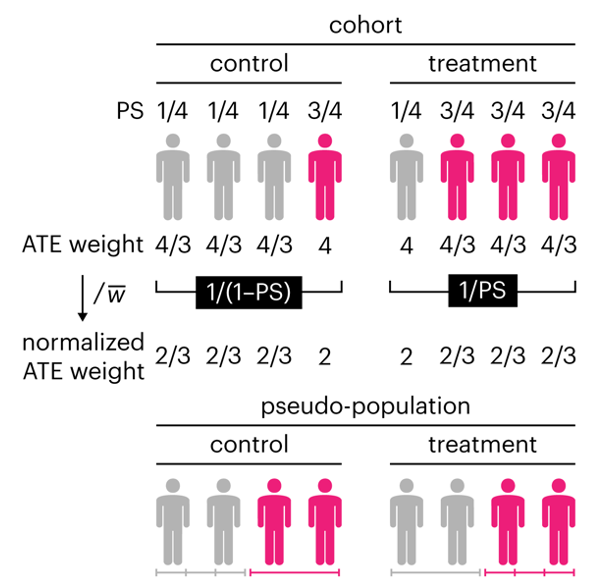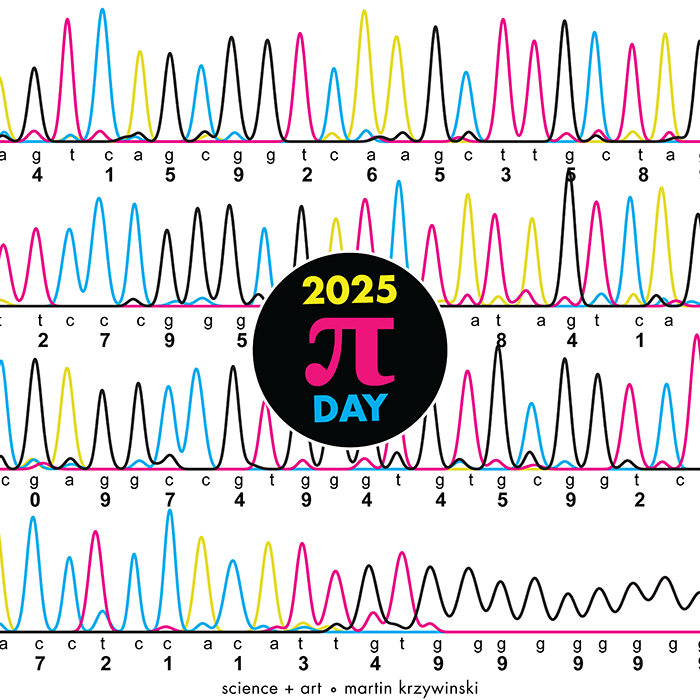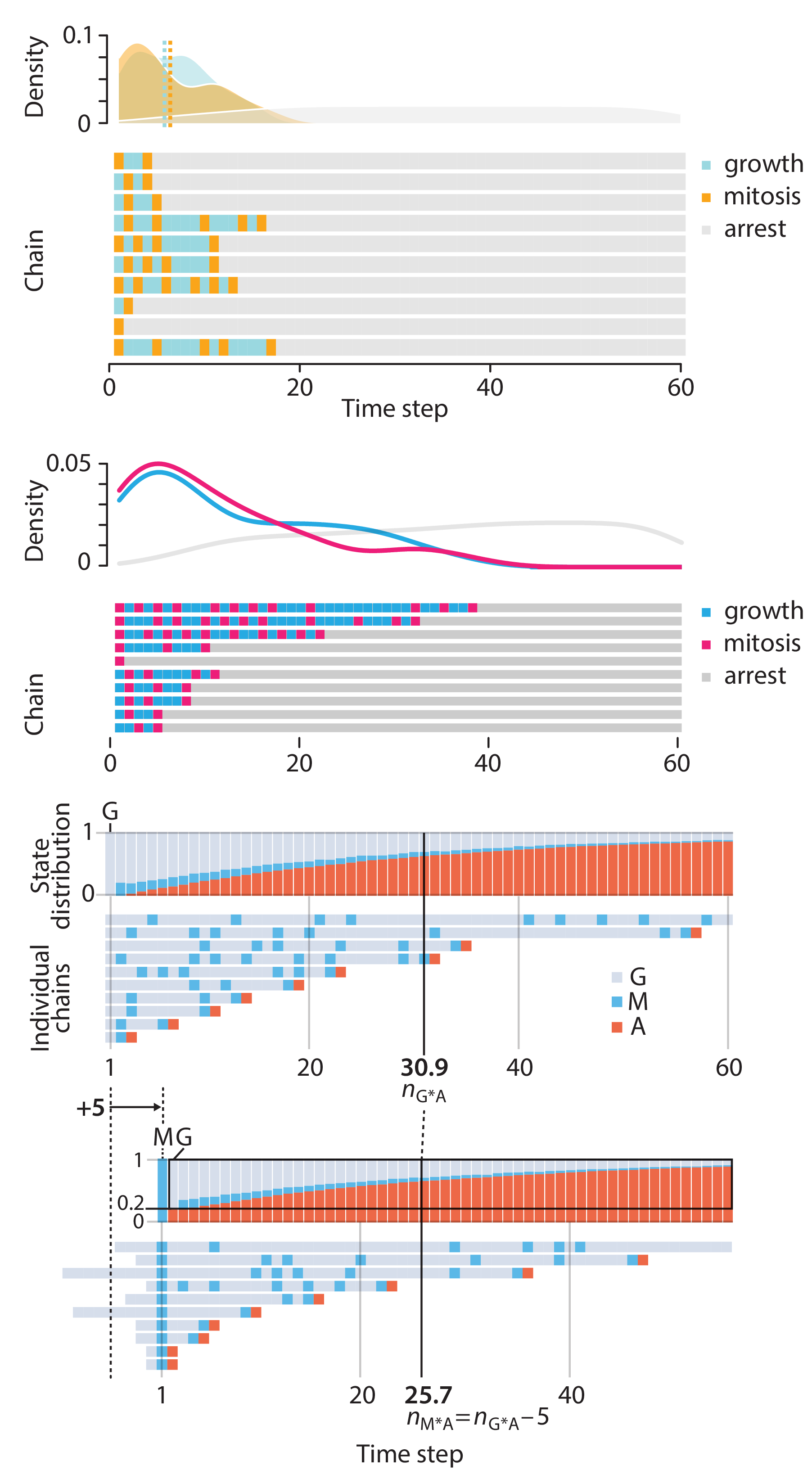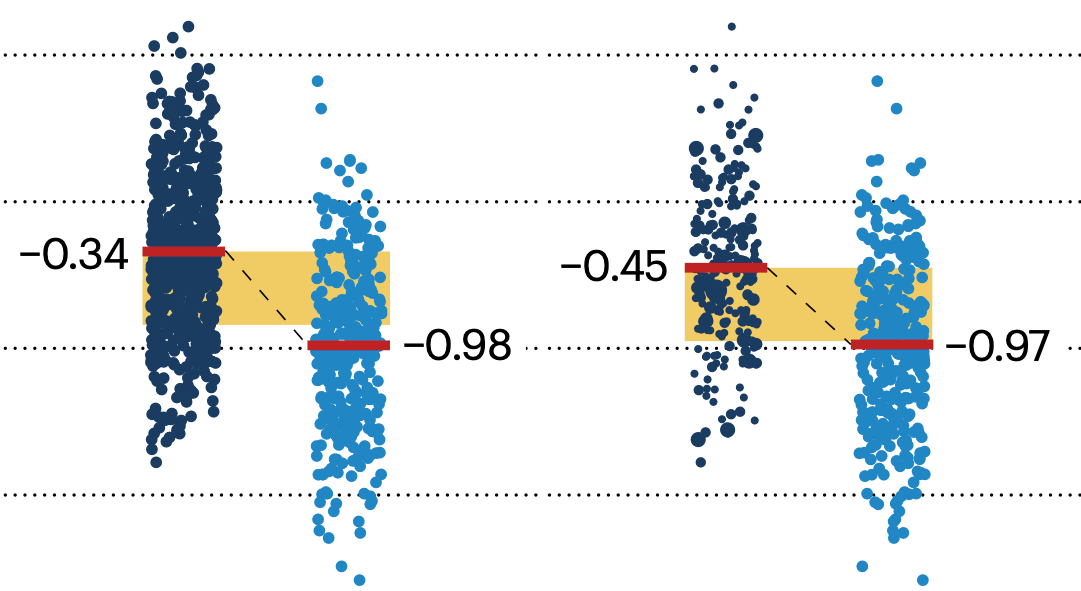Yes or No
Always just answers

Now that you have your answer, look it up in the second column of the table. The text in that row corresponds to different outcomes, depending on the true answer. Of course, you do not know the true answer (if you did, you wouldn't be using our service), you are well on your way to solving your problem with our answer.
| universal best course of action | ||||
|---|---|---|---|---|
| yes | no | maybe | ||
| our answer | yes | Our methods have correctly determined that affirmative action is the correct route. Hold your course and reap the rewards. | This is a rare opportunity to experience what most do not attempt. We encourage you to be adventurous, daring, and cavalier. | The universe does not currently support experimental verification of this course of action. In its paradigm, quantum mechanics uses superposition of states, interpreted as both yes and no states simultaneously, but such states are not observables. Although we provide the answer for you, you must wait until the universe becomes compatible with these kinds of predictions. |
| no | While others may be tempted to act, we urge caution and healthy skepticism. This is a good time to stand back and reconsider or take up a new hobby. | General truths in this case are negative and you are certain to avoid them. Others will fail where you will persevere. Not to act is an action. | ||
| maybe | Although to us the answer is clear, the time is not right to reveal it. Consider your current situation and act accordingly. See this as a chance to gain perspective on an old problem. | You naturally wish to act, motivated by the momentum of past successes. Take caution. Looking in the rear view mirror can often tell you where you are going (not only when going backwards). | We cannot fit the explanation of this combination here. For the time being, you are to consider the probability of this combination infinitely small | |
This answer is stale — answers are good for only 5 minutes.
Never use a stale answer. Instead, consider getting a new answer — but make sure you first have a problem. Answers without problems cannot be retroactively applied.
For more details, see the about section.
Beyond Belief Campaign BRCA Art
Fuelled by philanthropy, findings into the workings of BRCA1 and BRCA2 genes have led to groundbreaking research and lifesaving innovations to care for families facing cancer.
This set of 100 one-of-a-kind prints explore the structure of these genes. Each artwork is unique — if you put them all together, you get the full sequence of the BRCA1 and BRCA2 proteins.
Propensity score weighting
The needs of the many outweigh the needs of the few. —Mr. Spock (Star Trek II)
This month, we explore a related and powerful technique to address bias: propensity score weighting (PSW), which applies weights to each subject instead of matching (or discarding) them.

Kurz, C.F., Krzywinski, M. & Altman, N. (2025) Points of significance: Propensity score weighting. Nat. Methods 22:1–3.
Happy 2025 π Day—
TTCAGT: a sequence of digits
Celebrate π Day (March 14th) and sequence digits like its 1999. Let's call some peaks.

Crafting 10 Years of Statistics Explanations: Points of Significance
I don’t have good luck in the match points. —Rafael Nadal, Spanish tennis player
Points of Significance is an ongoing series of short articles about statistics in Nature Methods that started in 2013. Its aim is to provide clear explanations of essential concepts in statistics for a nonspecialist audience. The articles favor heuristic explanations and make extensive use of simulated examples and graphical explanations, while maintaining mathematical rigor.
Topics range from basic, but often misunderstood, such as uncertainty and P-values, to relatively advanced, but often neglected, such as the error-in-variables problem and the curse of dimensionality. More recent articles have focused on timely topics such as modeling of epidemics, machine learning, and neural networks.
In this article, we discuss the evolution of topics and details behind some of the story arcs, our approach to crafting statistical explanations and narratives, and our use of figures and numerical simulations as props for building understanding.

Altman, N. & Krzywinski, M. (2025) Crafting 10 Years of Statistics Explanations: Points of Significance. Annual Review of Statistics and Its Application 12:69–87.
Propensity score matching
I don’t have good luck in the match points. —Rafael Nadal, Spanish tennis player
In many experimental designs, we need to keep in mind the possibility of confounding variables, which may give rise to bias in the estimate of the treatment effect.

If the control and experimental groups aren't matched (or, roughly, similar enough), this bias can arise.
Sometimes this can be dealt with by randomizing, which on average can balance this effect out. When randomization is not possible, propensity score matching is an excellent strategy to match control and experimental groups.
Kurz, C.F., Krzywinski, M. & Altman, N. (2024) Points of significance: Propensity score matching. Nat. Methods 21:1770–1772.
